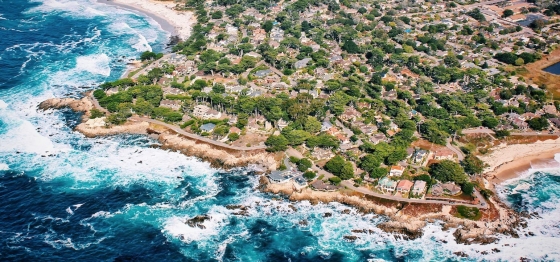Big Timber (MT) Weather and Climate: A Comprehensive Guide
The climate in Big Timber is marked by big temperature swings throughout the year.
Temperatures range from very warm during the warmest months
to cold in the cooler months.
It typically sees modest rain/snowfall throughout the year.
Now, let’s explore all the climate details to give you a full picture.
Average maximum day and minimum night temperature
In Big Timber, temperatures differ significantly between summer and winter months. Average daytime temperatures reach a very warm 31°C in July. In December, the coolest month of the year, temperatures drop to a chilly 2°C.
At night, you can expect cooler temperatures, with averages dropping to around -8°C during this month. Check out our detailed temperature page for more information.Temperature ranges by month
Precipitation and rainy days
Big Timber's climate is marked by below-average rain/snowfall, accumulating 405 mm of precipitation yearly. Big Timber can be quite wet during May, receiving approximately 86 mm of precipitation over 13 rainy days. In contrast January, experiences much drier conditions, with 12 mm of snowfall, spread across 4 snowy days. For more details, please visit our Big Timber Precipitation page.The mean monthly precipitation over the year, including rain, hail and snow
broken clouds and no rain partly cloudy and slight rain overcast and no rainForecast for Big Timber (MT)
The best time of year to visit Big Timber in the United States of America
During the months of June and September you are most likely to experience good weather with pleasant average temperatures that fall between 20°C and 26°C.Other facts from our historical weather data:
The hottest season / summer takes place in June, July, August and September.
Yes, the months of January, February and December are very dry.
July has an average maximum temperature of 31°C and is the warmest month of the year.
The coldest month is December with an average maximum temperature of 2°C.
May tops the wettest month list with 86 mm of rainfall.
January is the driest month with 12 mm of precipitation.
No idea where to travel to this year? We have a tool that recommends destinations based on your ideal conditions. Find out where to go with our weather planner.




